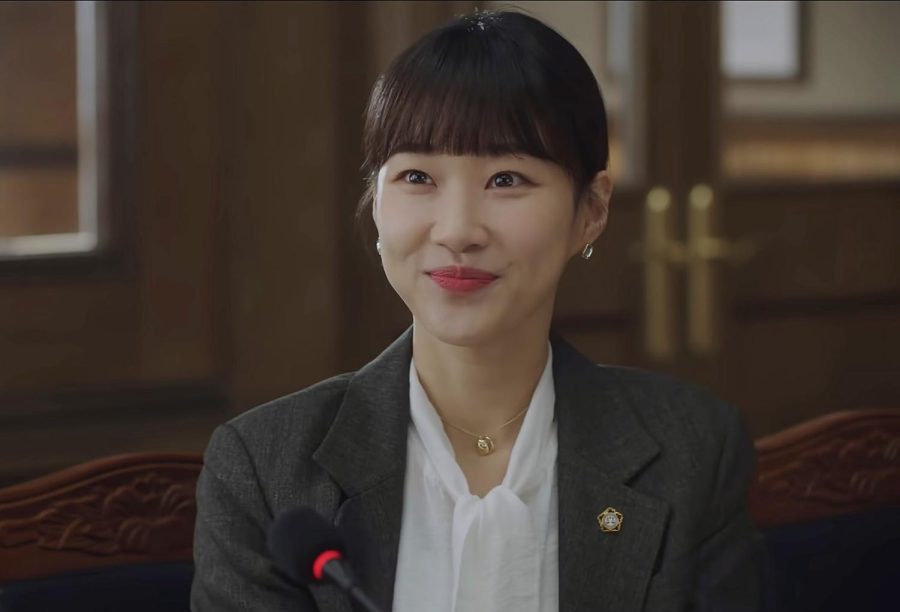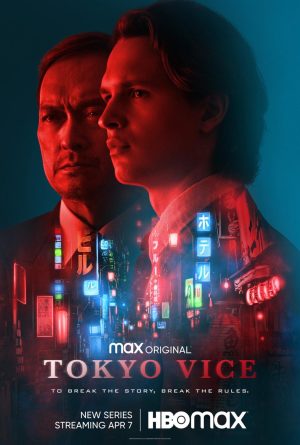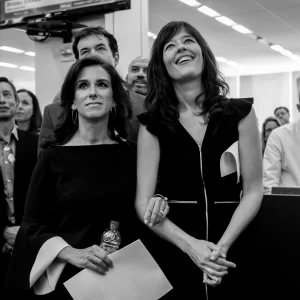‘Extraordinary Attorney Woo:’ Representation of Disabilities in South Korea
An entertaining and emotional show about a lawyer on the autism spectrum acts as a platform to discuss disabilities within the country
THEKHIP VIA WIKIMEDIA COMMONS
Following the success of its first season, “Extraordinary Attorney Woo” has been renewed for more episodes by Netflix.
November 17, 2022
Hand mannerisms, lack of social awareness, sensitivity to loud noises, preference for cleanliness and a fascination with whales — these are just some of the traits that the protagonist in “Extraordinary Attorney Woo,” Woo Young-woo, (Park Eun-bin), exhibits.
“Extraordinary Attorney Woo,” a 16-episode TV series, quickly became one of the most viewed non-English shows around the world since its release on June 29th.
What makes this drama unique is its use of the slice-of-life genre to explore normal people and the real drama that arises from everyday life, while simultaneously creating an emotive sketch of some of the underrepresented problems in Korea.
The show follows Young-woo, an autistic lawyer who is raised by her single father. She is an eccentric and intelligent woman who is fighting to build a life where she can help people while living with a disability.
The titular character’s obsession with whales, a recurring theme of the drama, adds a childish but unique dimension to her character. In an interview, Park said, “Woo Young Woo accepts that in this world, she’s a narwhal among all the beluga whales that swim around the vast ocean, that the life of a narwhal is not at all lonely, and that it’s okay because this is her life. Her saying this may look unusual and peculiar but shows upfront that it’s also meaningful and beautiful.”
One can point out striking similarities between her character and whales: Both are lonely yet extraordinary.
The drama also highlights her autism as a weakness and reminds the audience of how judgmental society is. Prior to the story, she graduated as the top student at Seoul National University School of Law. But due to her diagnosis, no company was willing to hire her.
According to Jung Youn Park, a Korean scholar, discrimination against those with disabilities, although mitigated by the emergence of anti-discrimination laws, emerges in the form of microaggressions.
Finally, she obtained her first job at Hanbada, a large law firm in Seoul, through one of her father’s connections. Ironically, the name of the firm happens to be translated as “One Ocean” in English. Being different from her peers, she encounters clients and co-workers who are prejudiced against her in different ways.
At its core, this drama highlights what it means to be extraordinary for someone like Young-woo, in both good and bad ways. Extraordinary, on one hand, is defined as someone who is “extremely good or possesses a special quality.” On the other hand, it also carries a negative connotation.
Even though discrimination against workers with disabilities is prohibited by the Constitution, the stigma remains prevalent in Korea.
According to Jung Youn Park, a Korean scholar, discrimination against those with disabilities, although mitigated by the emergence of anti-discrimination laws, emerges in the form of microaggressions.
In the third episode, people on the internet posted derogatory comments about Kim Jeong-hoon (Moon Sang-hoon), Young-woo’s client who is an autistic man accused of causing the death of his elder brother, who was an accomplished medical student. Learning how he is treated by the public, Young-woo’s monologue perfectly sums up the reality of how the society in which she lives often deems autistic people as unworthy of life.
“Only 80 years ago, having autism meant being unworthy of life. Only 80 years ago, Kim Jeong-hun and I would not have been considered worthy of life. Even now, hundreds of people click the ‘like’ button of a comment that reads, ‘It is a national loss when a medical student dies and an autistic person lives,’… That is the weight those of us with this disability bear,” she contemplated with a somber expression.
At this point, the show poses deeper questions: Is the life of a human being only valuable as long as they fit societal standards? Isn’t life already worth living because you’re alive, no matter who you are?
Another remarkable component of this show was the variety of clients Young-woo represented in each episode. Cases of domestic abuse, a North Korean defector who abandoned her daughter, among many others, shed light on the stories of marginalized communities to both the Korean and Western audiences.
But while these themes provide some compelling depiction of the aforementioned groups in an entertaining and educational manner, “Extraordinary Attorney Woo” is still incomplete as it focuses on ensuring it is relatable to neurotypical audiences. For instance, Young-woo is played by a non-disabled actress. Incorporating actual people with disabilities into the production would have been a more appropriate way to address this issue.
Over the past few years, Korean dramas, including “Squid Game,” “Crash Landing on You” and “It’s Okay To Not Be Okay,” made strides in implementing diversity (such as LGBTQ, racial, gender, political and economic representation) in the media. With a second season coming to Netflix in 2024, I can confidently say that “Extraordinary Attorney Woo” is one of them.













